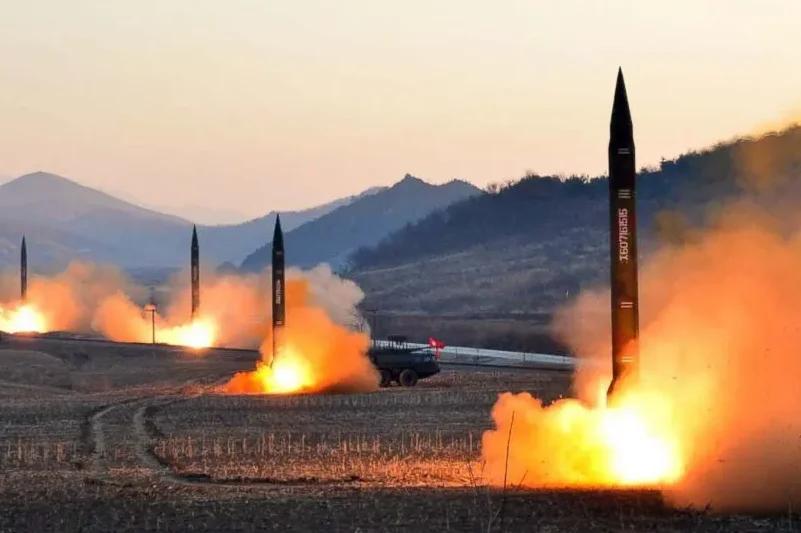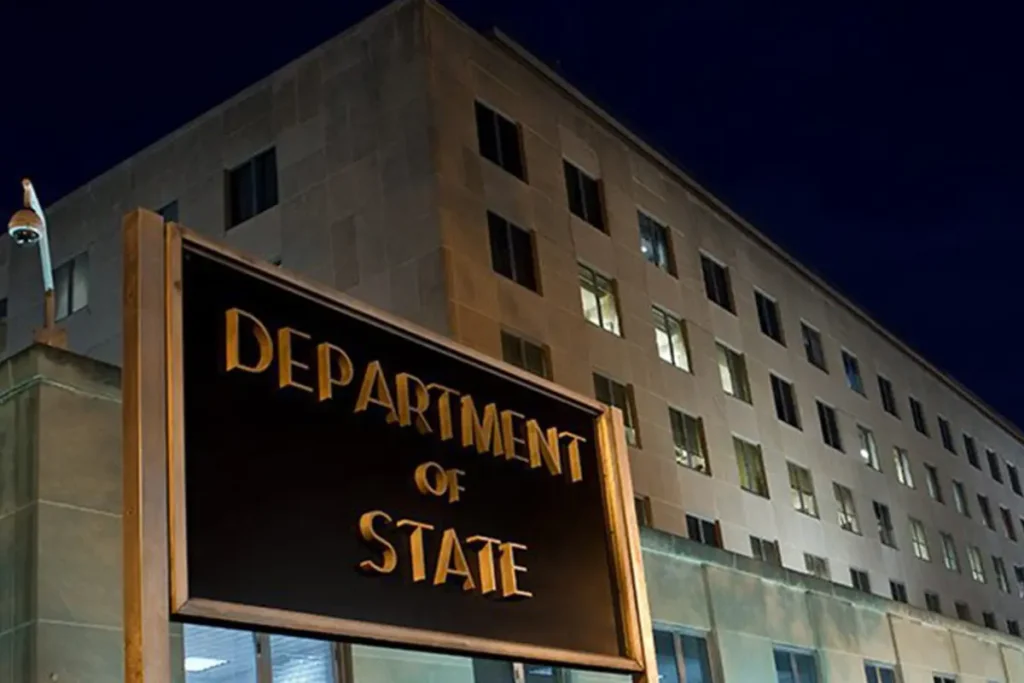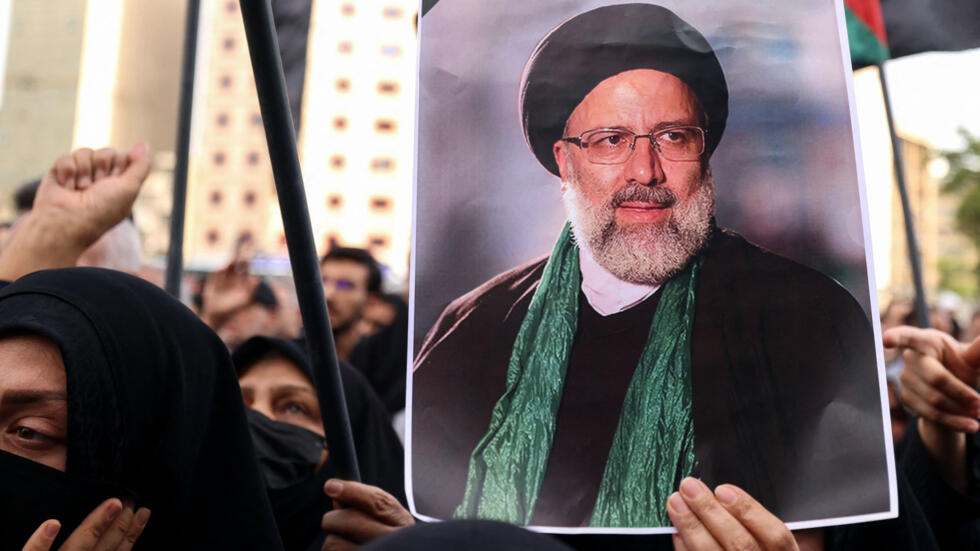North Korean Missile Launch: International claim

The United States condemned North Korean Missile Launch, an intermediate-range projectile.
The United States claimed the situation, a few hours before the launch of an intermediate-range ballistic missile by North Korea.
From the State Department, a spokesman stated that the launch of a North Korean missile these, enter on a scale that is increasingly frequent.
“They pose a threat to the neighbors of the Democratic People’s Republic of Korea (the country’s official name) and undermine regional security.”
Its repudiation was also joined by the European Union, which also called on Kim Jong-un’s regime to “put an end to all illegal actions that threaten regional and international peace and security.”
On the North Korean Missile Launch, said the Foreign Action Service in a statement, it includes that the country completely, verifiably and irreversibly abandon its nuclear weapons and ballistic missiles, as established by the resolutions of the UN Security Council.
On the other hand, the German Foreign Ministry also “strongly” expressed its rejection of the “illegal launch” and urged Pyongyang to enter into negotiations with Seoul and Washington to dismantle its nuclear and missile program.
READ MORE: THE ISLAMIC STATE IS ORDERING MORE ATTACKS IN THE WEST

North Korean Missile Launch
During the early hours of Tuesday morning, South Korea’s Joint Chiefs of Staff warned of a North Korean missile launch from an area near Pyongyang, in what was the first such episode since March 18, when Kim oversaw a live-fire drill of artillery systems designed to target the neighboring country’s capital.
It was also the tenth WMD test so far this year, after ending a 2023 with a record number of such drills.
Although the Japanese Coast Guard reported moments later that the missile had landed in the waters of the Sea of Japan (or East Sea), some 600 kilometers from the coast, without causing any damage, the alert system was activated throughout the region, forcing ships to patrol the perimeter and rule out any risk.
Likewise, in response to these attempts at intimidation, Seoul, Tokyo and Washington carried out a series of joint air maneuvers in an area southeast of the South Korean island of Jeju.
These exercises involved two US B-52 strategic bombers, capable of carrying and delivering nuclear weapons, as well as US F-16 fighters, South Korean F-15s and Japanese F-2s.
Following North Korea’s missile launch, in a joint statement, the allied forces reported that “in the future, the Republic of Korea (South Korea’s official name), the United States and Japan will continue to conduct trilateral training supported on the basis of close cooperation” aimed at “nullifying the threat posed by North Korea by responding to it jointly.”
Over the past year, the nations have tightened their military cooperation after viewing with concern Pyongyang’s strengthening of military cooperation along with its rapprochement with Russia, from whom it is believed to obtain cutting-edge know-how and technology in exchange for weaponry Moscow urgently needs for its war in Ukraine.
Last week, Pyongyang sent an entourage to Russia seeking to speed up the fulfillment of agreements the leaders reached last September.
“The delegation will be in Moscow for several days. The important thing for us is to check the fulfillment of the decisions taken during the intergovernmental meeting in Pyongyang,” said Foreign Economic Relations Minister Yun Jong-ho, who stressed, in turn, that Russian-North Korean relations are at a “crucial moment” under the “watchful eye” of Kim and Putin.







